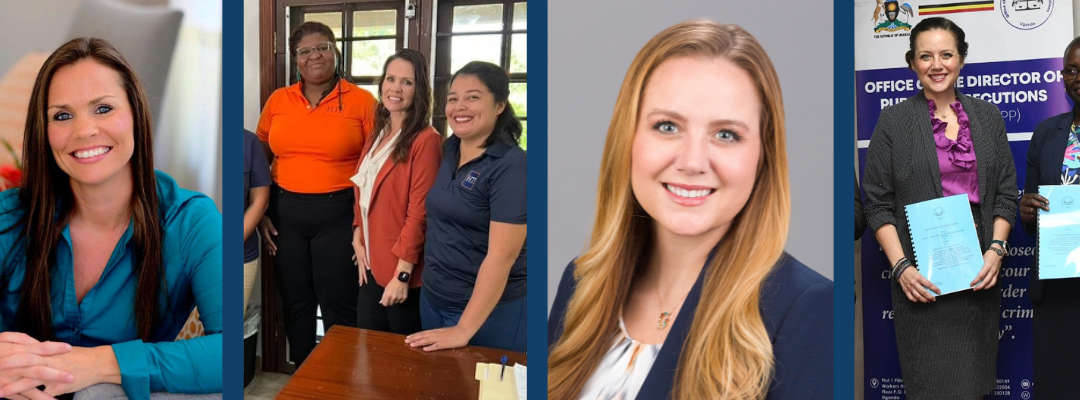The Human Trafficking Institute recently filed an amicus curiae brief in the U.S. Court of Appeals for the 10th Circuit in a case against an Oklahoma man convicted of sex trafficking for purchasing commercial sex from children. On appeal is whether the defendant, Curtis Anthony, can be responsible with co-defendants for the full amount of his victims’ losses even though other perpetrators contributed to the victims’ trauma and Mr. Anthony played what he considered a minor role.
The Institute filed the brief in favor of the lower court’s restitution award, totaling $625,447, because reducing restitution in cases involving re-victimization and/or “trafficker buyers” (i.e. those who purchase rather than sell commercial sex from victims) would contradict Congress’s intent for victims to receive restitution for the full amount of their losses.
“The restitution award represents much more than compensation for the trauma a victim endured; it represents an opportunity to restart his or her life.” – excerpt from the Amicus Curiae Brief
The brief explains that it is common for human trafficking victims to have long histories of being trafficked or abused because severe forms of trauma can create vulnerabilities that human traffickers aim to exploit. The financial assistance restitution provides can play an important role in helping victims avoid the cycle of re-victimization. However, if the court adopts a practice of reducing restitution awards to account for past victimization, fewer victims will recover the full amount of their losses.
Additionally, the brief encourages the court to apply joint and several liability principles to restitution orders in human trafficking cases. Joint and several liability means all defendants are financially responsible for ensuring victims receive the full restitution award. This form of liability shifts the risk of loss from the victims to the traffickers because all defendants are collectively responsible for payment of the full award. Accordingly, this liability scheme increases the likelihood that victims receive the full amount of their losses. This may be especially true in cases involving defendants like Mr. Anthony. Research from the National Criminal Justice Reference Service and Ernie Allen (co-founder of the National Center for Missing and Exploited Children) and other sources shows that trafficker buyers are in a more stable financial position than most seller-traffickers.
This brief was co-drafted by Alyssa Currier and Cassondra Jo Murphy.




